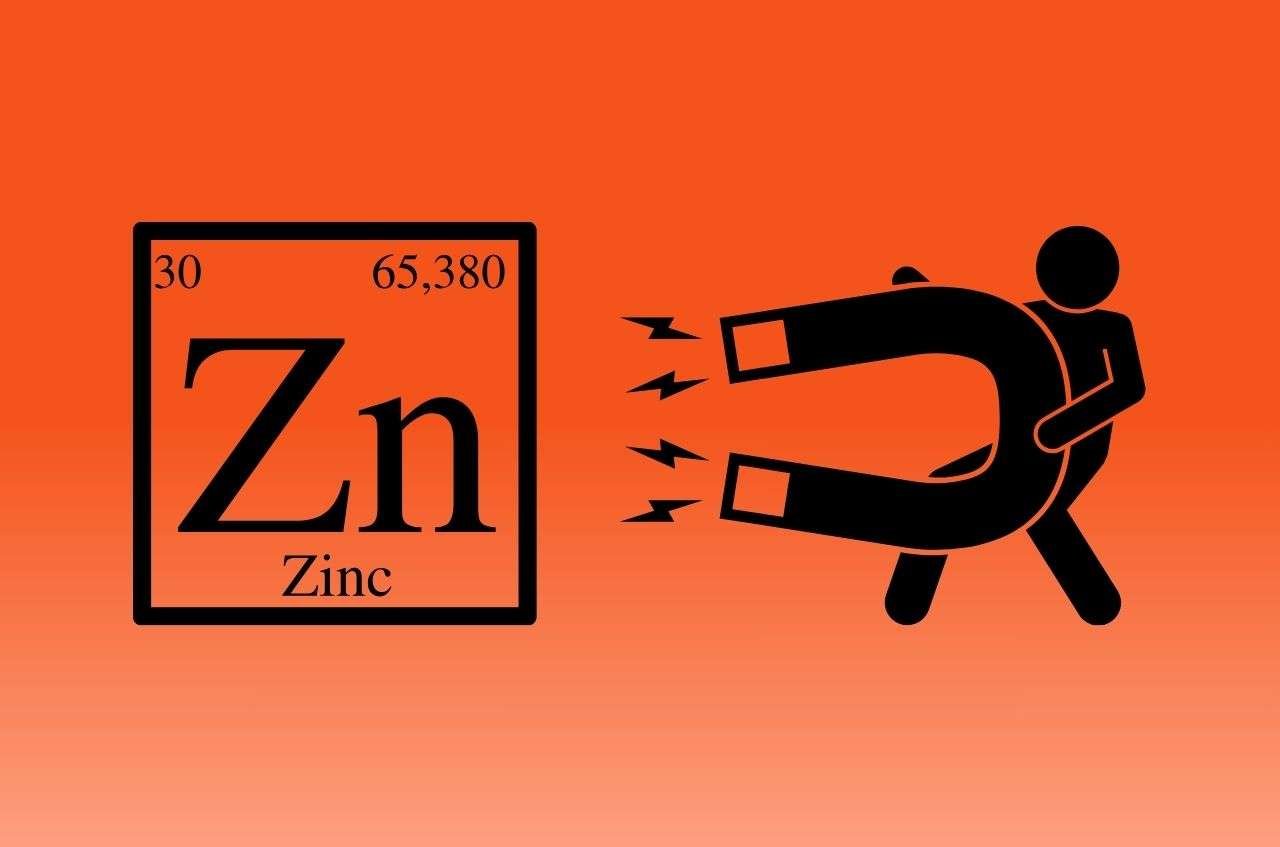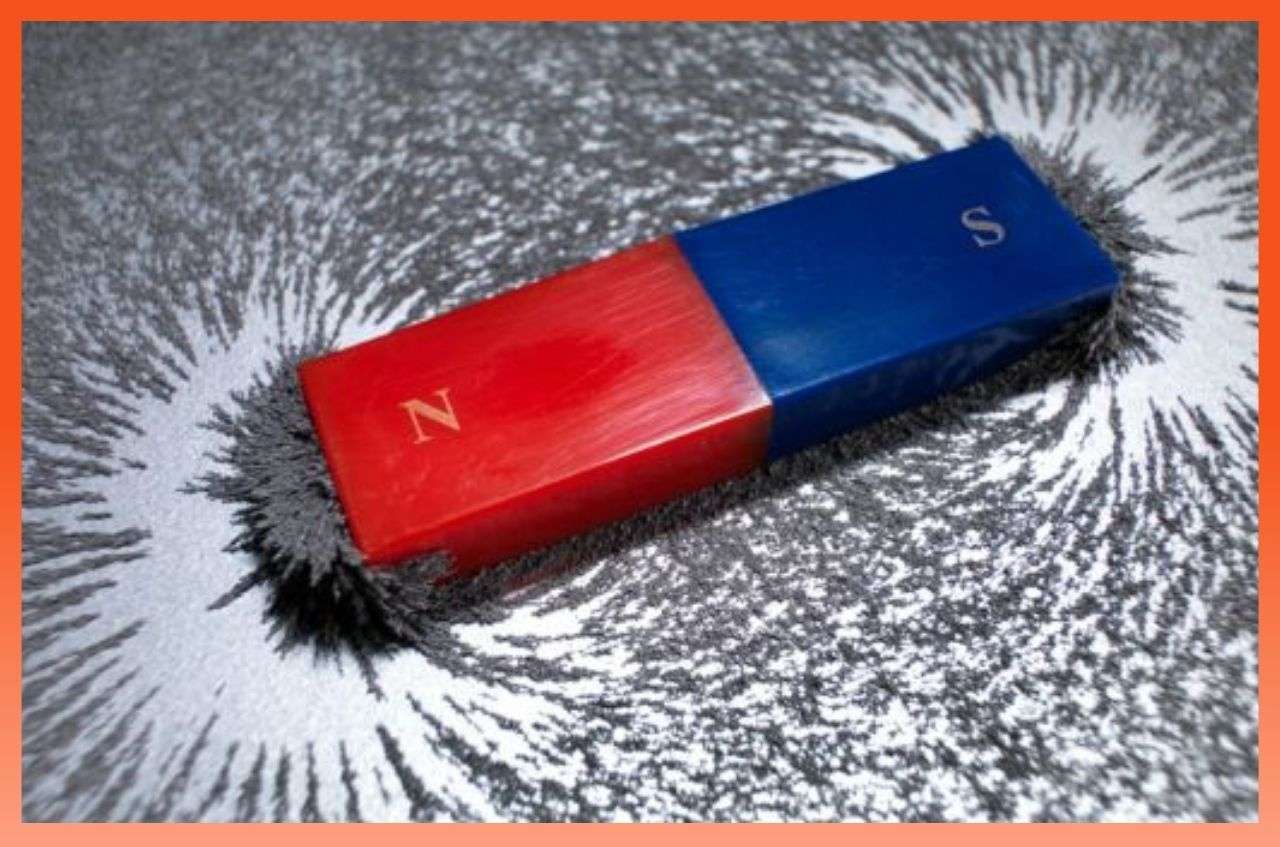Is Zinc Magnetic? Understanding Zinc Magnetism
Magnetic natures of various metals vary in terms of one characteristic or another or in terms of their certain capacities. Based on the strength of unpaired electrons in the specific metal, its magnetic nature will be dictated. These unpaired electrons rotate causing them to generate a magnetic field. So, you maybe wondering is zinc magnetic? The answer is no. This is mainly because of no electrons presence with non-pair.

Table of Contents
ToggleCategories of Magnetism
There are multiple categories of magnetism. Uncover insights on key ones:
Ferromagnetism
Ferromagnetic materials refer to possess higher magnetic characteristics. These metals include the nickle, cobalt, and iron. These materials possess some unpair electrons which align themselves to the external field. This causes the formation of a very extensive magnetic field. Thus, it is vital that you bear in mind that the zinc fails to fall within the ferromagnetic class.
Diamagnetism
Next comes the question is zinc diamagnetic? You can say that the zinc has diamagnetism effect. It refers to the phenomenon in which material experiences repulsion especially when within the external field surrounding it. Every atom aims its orientation in the opposite direction to that of the magnetic field. This brings about a limited magnetic impact.
Paramagnetism
The magnetizable materials work in parallel with the magnetic field while the para-magnetic metals find the field where it is. They specifically shows weaker attraction to the externally applied field. The atoms orient themselves parallel to the applied magnetic field.
Zinc’s Magnetic Properties
Zinc is a non-magnetic metal. It is diamagnetic here meaning that such a material has very little repulsive force on the side of the magnetic field. In some cases, the zinc can be paramagnetic.
Why Zinc not a magnet?
The primary cause for which zinc is non-magnetic is because the number of its shells and the positions of its electrons do not have free electrons that are not following the Pauli exclusion principle. About the non-paired type of electrons, they work greatly in the magnetism of definite metal. They orient themselves when they get an externally surrounded field. All of the above explanation give rise to the extent of non magnetism of zinc metal. You can artificially make the zinc magnetic substance. Impurities with subtle level of magnetism help you in this.
Can You Make Zinc Magnetized?
No, A transition can make a substance magnetic by moving the electrons around. For the ferromagnetic materials it is highly effective. But not for the diamagnetic metals. You can make some zinc pure metals a non-pure with impurities insertion. This way you can induce some magnetic properties. But these properties will be due to the existence of impurities but not that of the pure zinc metal.

Applications of Zinc
Zinc has several uses because of unique characteristics.
Electrical Components
Another property of zinc is that it is capable of shielding against electromagnetic fields. It is particularly useful in radio frequencies where zinc plating protects material from corrosion.
Galvanization
When you pass iron comprising of zinc through galvanization this lessen the magnetism. The reason behind is the non-magnetic nature.
Magnetic Shielding
Magnetic shielding employs the use of Zinc. It shields appliances from the magnetic field.
Batteries
You can employ zinc metal in making batteries. The role of zinc in batteries is acting as anode. This is true specially in Zinc-air and Zinc carbon batteries.
Die Casting
Die casting is preferred for zinc since it has a relatively low melting point. It is applied in making small and accurate parts.
Conditions Affecting the Possibility of Zinc Not Being Magnetic
Alloying
Provided that the conditions of zinc include some ferromagnetic constituents, they readily turn magnet.
Temperature
Raising temperatures affects the arrangements of electrons. This eliminates any chance of magnetization of zinc.
Crystal Structure
Crystalline structure of Zinc does not accommodate magnetic ordering. This structure explains why it is non-magnetic in nature.
Chemical Composition
Zinc is stable and does not easily dissolve with other chemicals due to its chemical nature. This stability hampers the emergence of magnetic properties.
Zinc Comparison with Other Metals
The categories of the metal are vast. Let’s uncover them below along with the metals fall in those categories:
Metals That Feature Zero Magnetism
Gold
Not a magnetic metal. Its electron configuration thus contains paired electrons. Please note that the gold is super conductor of electricity and same time inhibit corrosion impact.
Titanium
Titanium refers to the non-magnetic in nature. The two key characteristics are corrosion inhabitance and heavy load be arability. Titanium is used in space and health-related industries.
Copper
Copper is a non-magnetic metal which is very much used in wiring used for conducting electricity. High / Electrical conductivity / Thermal conductivity It also explains why copper does not exhibit magnetism since its atom has an electron configuration that does not allow this property.
Lead
It is compact and melts at relatively low temperatures. Lead is utilized in batteries, radiation shields, and building materials.
Aluminum
It is light in weight, durable due to its ability to avoid corrosion, and it has a high conductivity. Aluminum can be found in packaging materials, cars and various structures.
Metals That Feature Magnetism
Iron
Iron is ferromagnetic as it is a metal. It has unpaired electrons which when exposed to magnetic fields, get easily polarized. Iron has usage in construction, automobile and machinery industries.
Nickel
Nickel is also another ferromagnetic metal. It has unpaired electrons which make it relatively have high value of magnetic moment. To some extent the primary uses of nickel includes stainless steel, coins, and batteries.
Gadolinium
Gadolinium is ferromagnetism at room temperature. It has been used in Magnetic Resonance Imaging machines and some other equipment too. The element Gadolinium has a fairly high number of unpaired electrons, which causes a fairly high magnetic moment to be produced.
Cobalt
Cobalt is a ferromagnetic metal which has unpaired electrons present in its molecules. The use can be traced in alloys, batteries, and magnetic recording media. These applications range from the production of high technology products through Cobalt’s magnetism.
Conclusion
Zinc is non-magnetic. Its atomic structure and electron configuration make it impossible for it to produce a magnetic moment. In some cases you can experience the slight or very low level attraction or repulsive forces. But in pure form the zinc have no magnetism. Knowledge of these properties proves beneficial in its use in electrical devices to applications in magnetic sheltering. Only when zinc is viewed against the background of other metals can one understand its properties and the position which it occupies in certain industries.
More Useful Sources:



